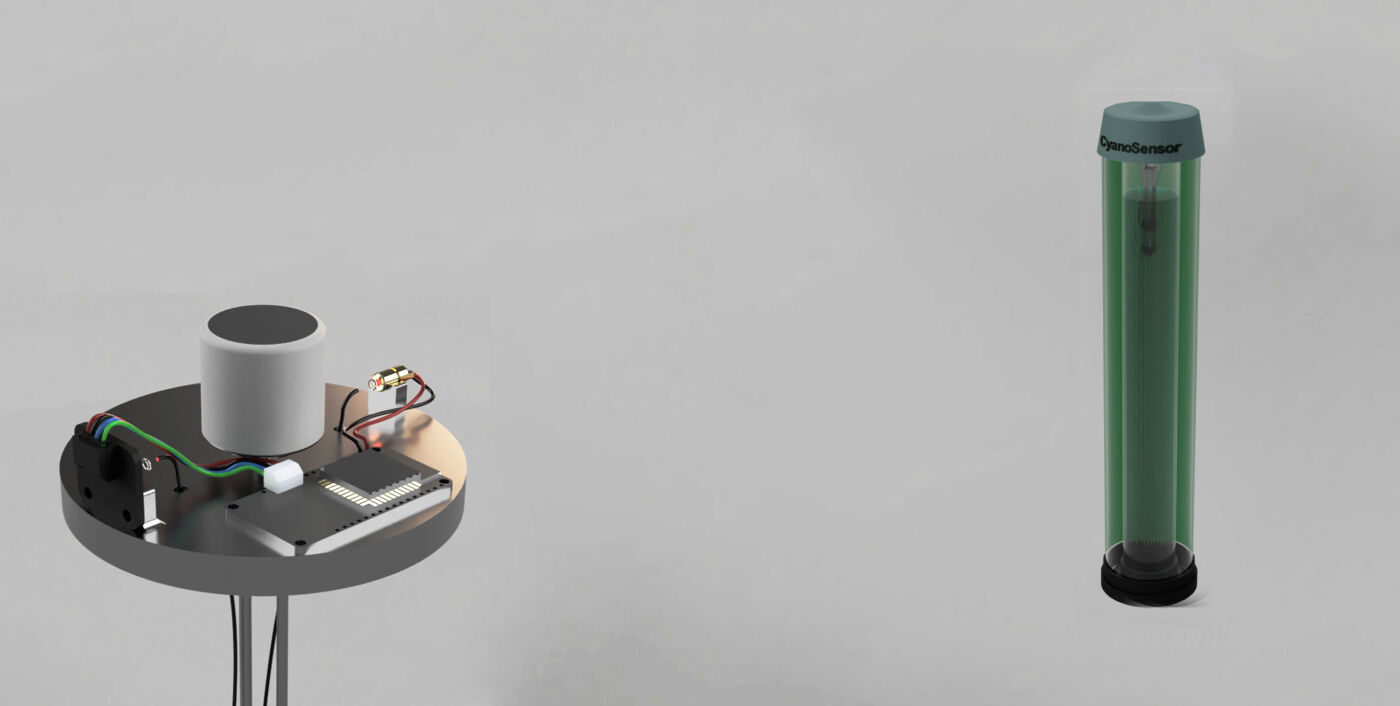
|
|
# 2023 Continuous Cyanobacteria Sensor |
|
Continuous Cyanobacteria Sensor aims to make low-impact carbon removal a reality for emissions-heavy industries. By combining genetically modified cyanobacteria in sealed photobioreactors exposed to sunlight, the project efficiently converts CO2 from flue gas into carbon-dense biomass and lipids. With the 2022 IPCC report highlighting the need for a 43% reduction in global emissions by 2030 to limit global warming to 1.5°C, Continuous Cyanobacteria Sensor offers an eco-friendly solution with a net energy ratio of approximately 5%. The captured carbon can be transformed into stable, solid products, benefiting soil health and crop yields, aligning with circular economy principles.
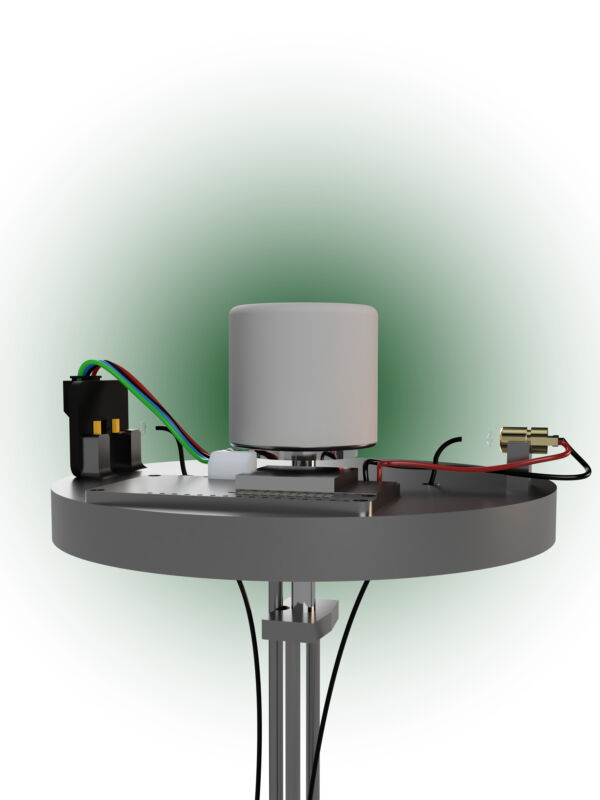
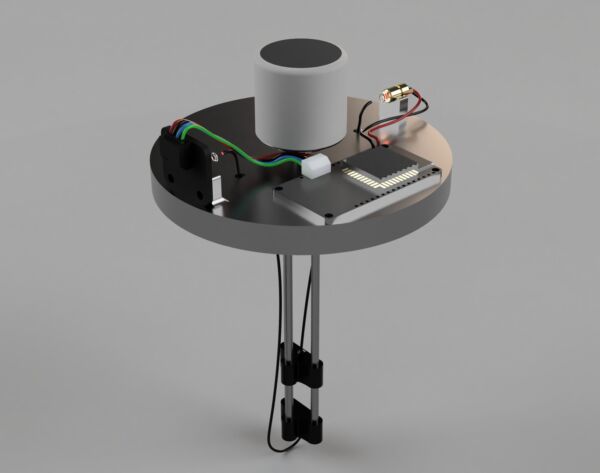
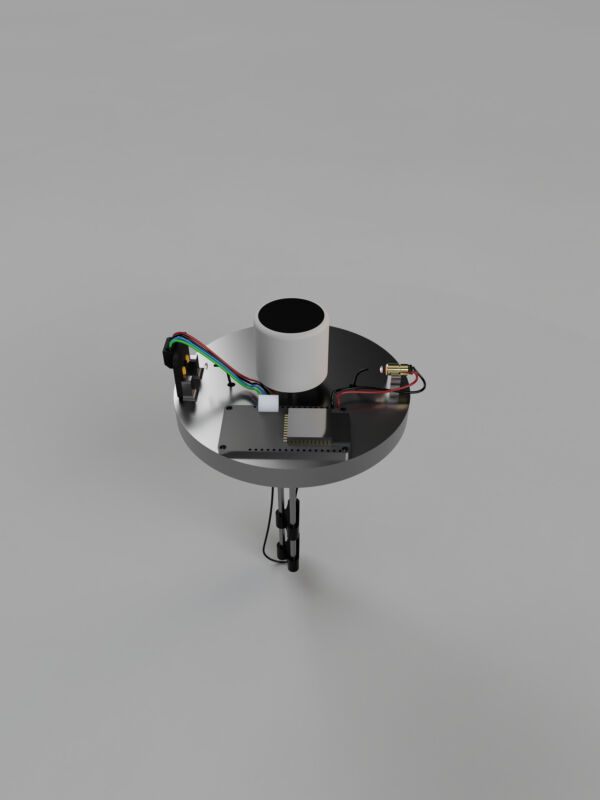
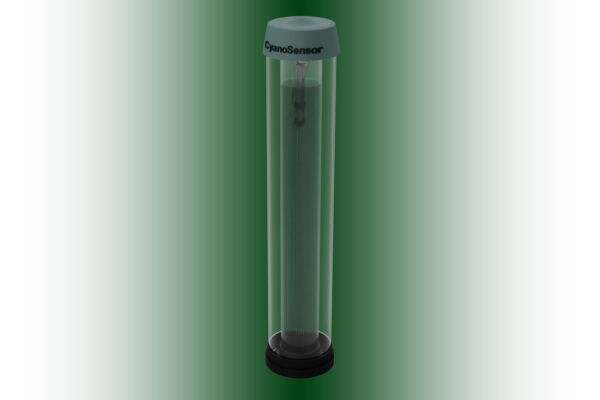
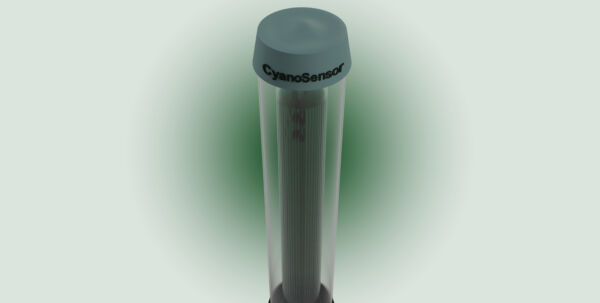
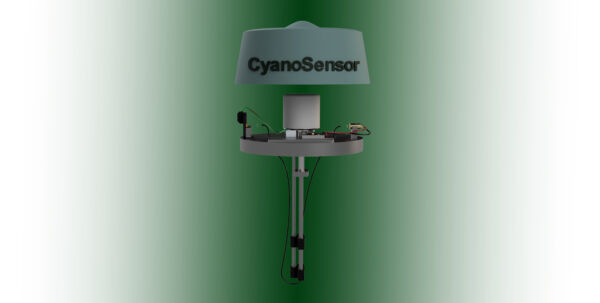
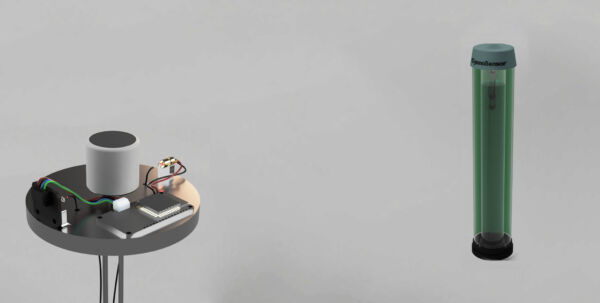
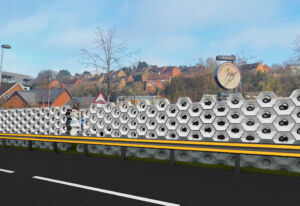
Revolutionising biomass production by turning noise into growth

Bio-based polyurethanes to replace harmful petrol-plastics

Mycelium blocks for temporary architecture solutions and prototyping
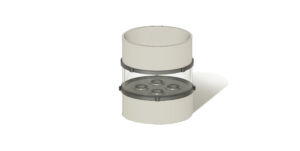
Universidad Autónoma de Nuevo León
Bioengineering solution to detect and degrade air pollution